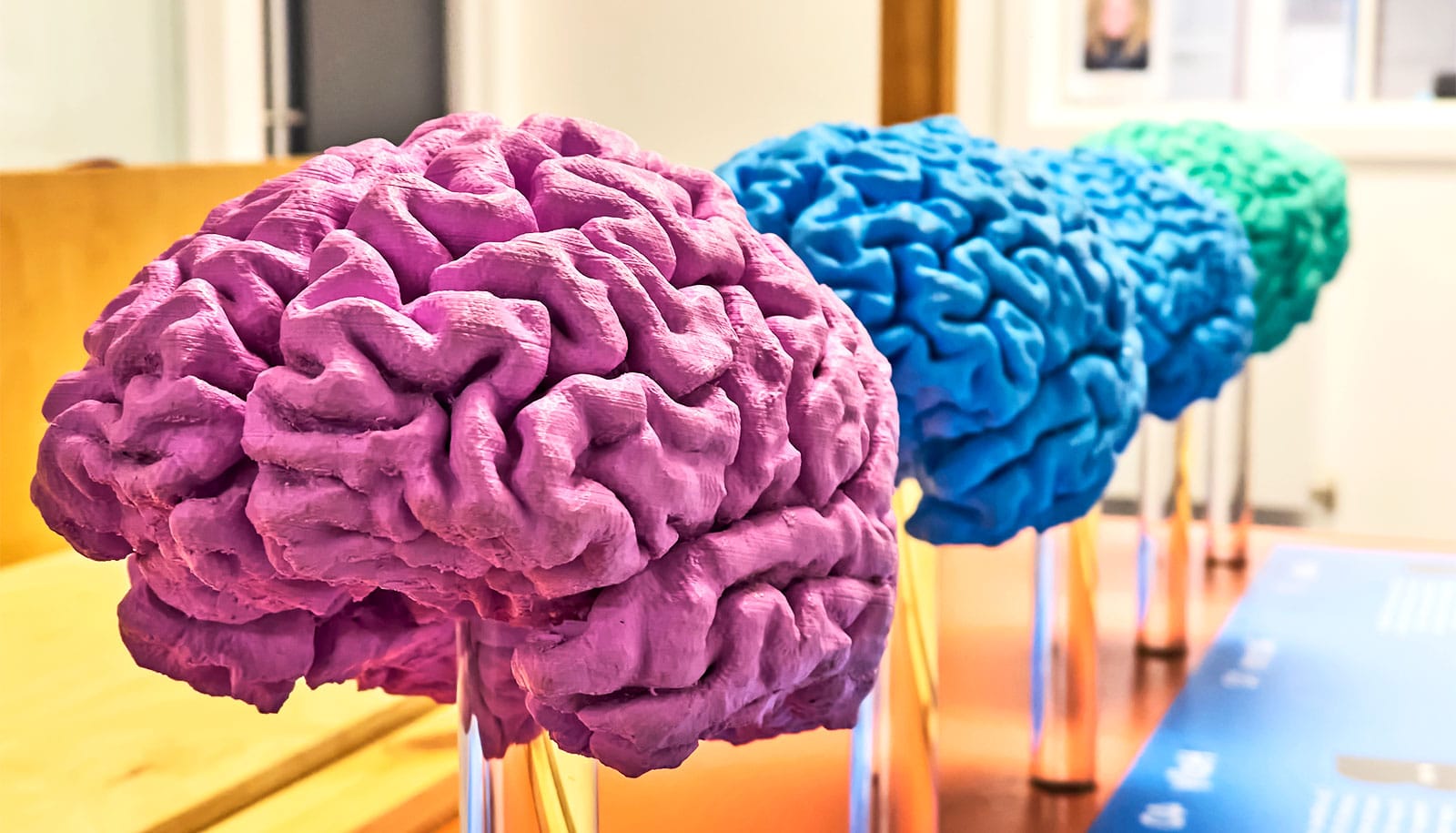Sites like Lumosity not only have no effect on decision-making, but also have no effect on cognitive function beyond practice effects on the games themselves, research shows.
Researchers wanted to find an intervention that could reduce the likelihood that people would engage in unhealthy behaviors such as smoking or overeating and looked at whether, through the claimed beneficial effect on cognitive function, commercial brain training regimes could reduce someone’s propensity to make risky or impulsive choices.
“…cognitive training deserved a real, rigorous, full-scale test.”
Prior work had shown that engagement of brain circuits involved in self-control predicts whether people can refrain from smoking. Those findings provided the foundation for examining whether modulating those circuits through brain training could lead to behavior change.
“Our motivation was that there are enough hints in the literature that cognitive training deserved a real, rigorous, full-scale test. Especially given the addiction angle, we’re looking for things that will help people make the changes in their lives that they want to make, one of which is being more future-oriented,” says Joseph Kable, associate professor of psychology at the University of Pennsylvania.
Researchers knew that people with stronger cognitive abilities tend to make less impulsive decisions on the kinds of tasks that give people choices between immediate smaller rewards and delayed larger rewards. They also knew that this behavior is likely mediated by a set of brain structures in the dorsolateral prefrontal area of the brain that have been associated with performance on the executive function tasks like the ones in the Lumosity games.
“The logic would be that if you can train cognitive abilities and change activity in these brain structures, then that may change your likelihood of impulsive behavior,” Kable says.
Training with Lumosity
For the study, published in the Journal of Neuroscience, researchers recruited two groups, each with 64 healthy young adults. One group was asked to follow the Lumosity regimen, performing the executive function games for 30 minutes a day, five days a week for 10 weeks. The other group followed the same schedule but played online video games instead. Both groups were told that the study was investigating whether playing online video games improves cognition and changes decision-making.
To treat depression with games, remind users to play
The researchers had two assessments of decision-making that participants completed before and after the training regimen. To assess impulsive decision-making, participants were asked to choose between smaller rewards now and larger rewards later. To assess risky decision-making, they were asked to choose between larger rewards at a lower probability versus smaller rewards at a higher probability.
The training didn’t induce any changes in brain activity or decision-making during these tasks.
Participants were also asked to complete a series of cognitive tests that were not part of the training to see if the program had any effect on their general cognitive abilities. While both groups showed improvement, researchers found that commercial brain training didn’t lead to any more improvement than online video games.
Furthermore, when they asked a no-contact group, which didn’t complete commercial brain training or video games, to complete the tests, the participants showed the same level of improvement as the first two groups, indicating that neither brain training nor online video games led to cognitive improvements beyond likely practice effects.
Add brain stimulation?
Although the cognitive training by itself did not produce the desired benefits, initial findings did show that combining cognitive exercises with non-invasive brain stimulation enhances self-control over smoking behavior. This group is now conducting clinical trials to learn whether this combination approach can alter other risky behaviors such as unhealthy eating or improve attention and impulse control in persons with attention deficit hyperactivity disorder.
“Habitual behaviors such as tobacco use and overeating contribute to preventable deaths from cancer, cardiovascular disease, and other public health problems,” says Mary Falcone, a senior research investigator coauthor.
“As currently available behavioral and medical treatments for these habitual behaviors are ineffective for most people, there is a critical need to develop innovative approaches to behavior change,” says Caryn Lerman, professor in cancer research. “Changing the brain to change behavior is the approach that we are taking.”
To study real thinking, scientists shouldn’t give easy tasks
The researchers hope to use some of the data collected in this study to better understand both within-person differences in decision-making over time, why one person might be more patient at some times and more impulsive at others, and across-person differences, why some people tend to take the immediate reward and others tend to take the delayed reward.
If they can better understand the neural basis for those differences, it might provide some clues about what kinds of cognitive or neural interventions would be useful to try to intervene and push people to be less or more impulsive.
Although the study found that commercial cognitive training alone doesn’t have an influence on the decision-making process or cognitive abilities, they believe that it was still worth investigating.
“I think we’d all like to have better cognitive abilities,” Kable says. “And we all see ways in which the vagaries of where we grew up and what school we went to and who our parents were had these effects on learning at an early age. The notion that you could do something now that would remediate it was very exciting. I think it was just an idea that really needed to be tested.”
The National Cancer Institute funded the work.
Source: University of Pennsylvania



